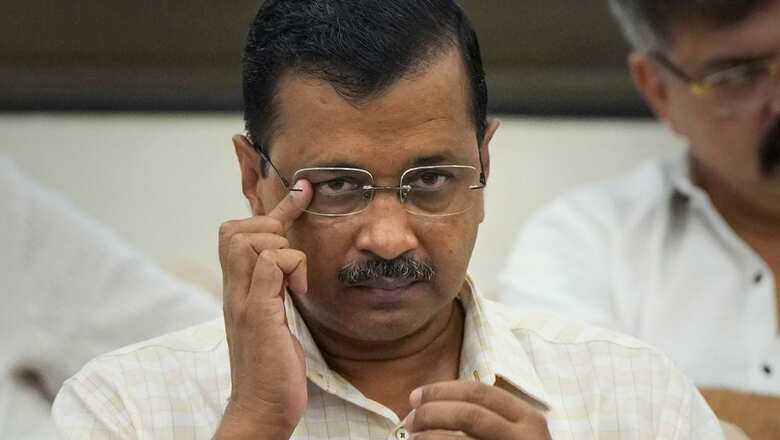
views
The last word may not yet have been spoken on the tussle between the Delhi government and the Union Home Ministry over the issue of the administrative control of the officials. The Aam Aadmi Party (AAP) leaders have said that the option for judicial remedy is open to them.
Parliament has now given its assent to the Delhi Services Bill. Delhi’s chief minister will now be a member of a committee also consisting of the chief secretary and principal home secretary of the city government, while the Lieutenant Governor will have a position of eminence. Predictably, the Delhi CM has sought to play the victim card. In his statement broadcast, live within minutes of the passage of the bill by the Rajya Sabha, he accused the Bharatiya Janata Party (BJP) of seeking a backdoor entry in the Delhi government after four defeats at the hands of the AAP.
The Union Home Minister, on his part, has shared a number of explanatory notes while seeking a parliamentary nod for the Delhi Services Bill. He said on the floor of the Parliament that the bill will ensure a corruption-free administration in Delhi; that the Delhi government is not following the spirit of democracy by not holding sittings of the Assembly; that Cabinet meetings in Delhi are rarely called.
The parliamentary nod to Delhi Services Bill has come close on the heels of large parts of the national capital facing flooding, a first in several decades, ahead of the G20 Leaders’ Summit in September. The people in Delhi heaved a sigh of relief after the team of the National Disaster Relief Force (NDRF) de-clogged drains, which had led to the flooding. Even Raj Ghat, the resting place of Mahatma Gandhi, was flooded.
Arvind Kejriwal is not the first chief minister who has reservations about the office of the Lieutenant Governor. Sheila Dikshit, former Chief Minister of Delhi, too had reservations against Tajender Khanna, former Lieutenant Governor. As the chief minister of Delhi, she lamented interference by Khanna in the functioning of the city government. On several issues, Khanna would call meetings with the officials. On the same issues, Dikshit would also hold meetings.
Indeed, Dikshit worked closely with bureaucrats. Each Monday evening, she presided over the Cabinet meeting. Besides, Dikshit would hold several review meetings. She was polite but firm in her communication with the officials. Despite nursing grievances, neither Khanna nor Dikshit spoke in public against each other. Once Khanna was dragged into an issue for holding back a decision in news reports. He called a few reporters and discussed the affairs of Delhi in general and briefly shared his point of view on the issue of contention. At the end of the conversation, he politely sought that nothing should come in print. He was respectful of Dikshit. She too was graceful in her exchanges about Khanna. The constitutional decorum was enriched by them even while they differed in their stances on several issues.
The office of the Lieutenant Governor indeed has special powers due to the uniqueness of Delhi being the National Capital Territory. The office of the chief minister in Delhi holds aspirations that the city should become a full-fledged state with jurisdictions over land and police too. But the existing arrangements of the governance structure impose obvious limitations on the office of the chief minister. It is in the very nature of the arrangement that the chief minister should work in close coordination with the office of the Lieutenant Governor, as well as maintain cordial relations with the Central government.
Dikshit knew the limitations of the city government. She worked within the limits. Yet, she was served by some of the most loyal bureaucrats. And, she backed some of the bizarre ideas of her bureaucrats, including the BRT Corridor, which had to be shelved after public outcry. She laid the foundation of her tenure in Delhi with close ties with former Prime Minister Atal Bihari Vajpayee and her predecessor Madan Lal Khurana. This helped in her gains through the rollout of the Delhi Metro, which over the years would become the lasting legacy of her political career.
As per the existing constitutional arrangements, Delhi is the collective responsibility of the elected government in the city as well as the Central government. Even in the case of a full-fledged state, the chief minister maintains cordial relations with the Centre due to the very nature of governance which is incumbent upon collaboration and not confrontation.
The author is a senior journalist. Views expressed in the above piece are personal and solely that of the author. They do not necessarily reflect News18’s views.










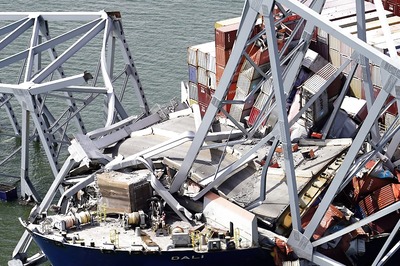
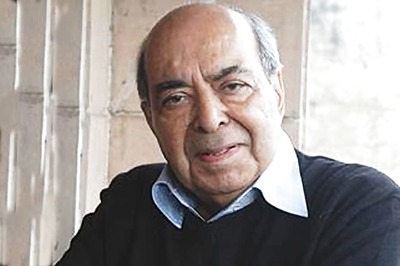


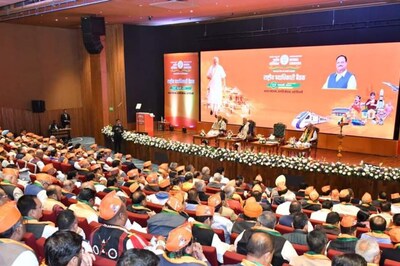
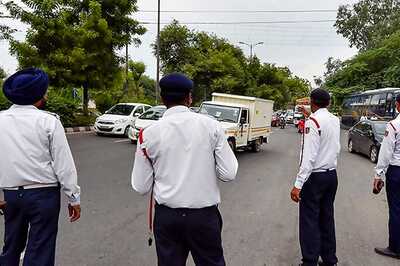




Comments
0 comment